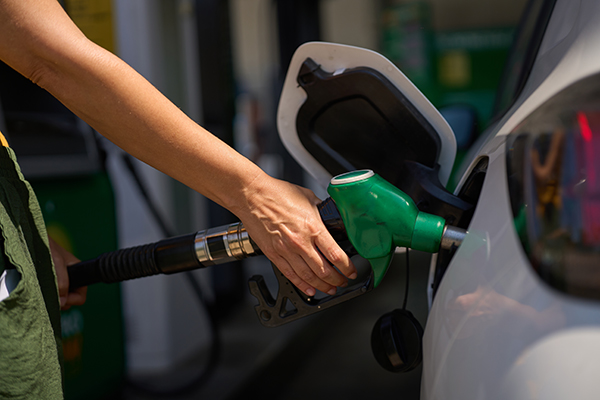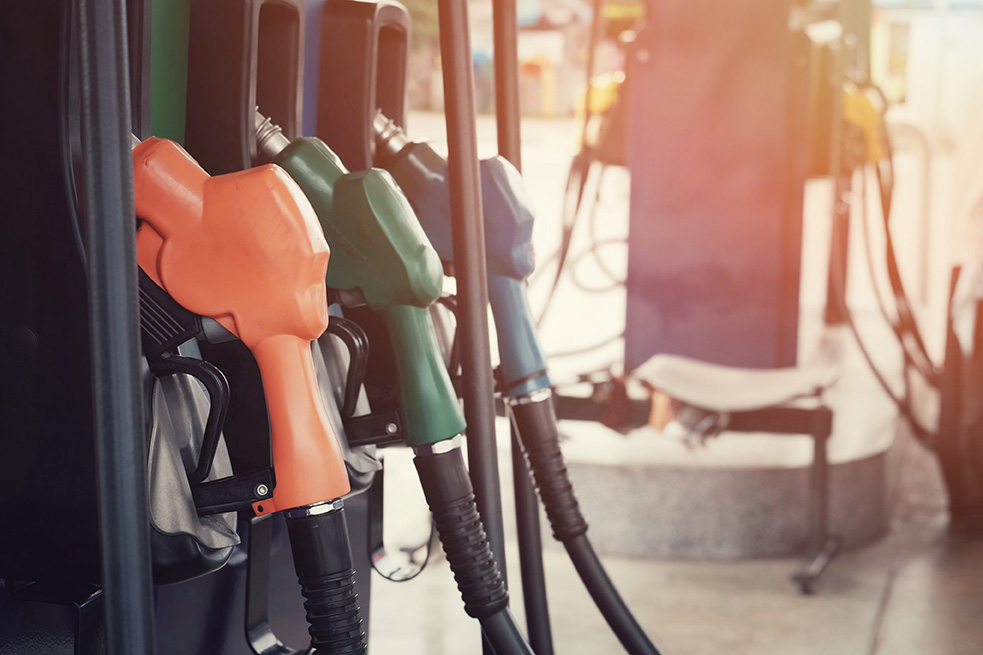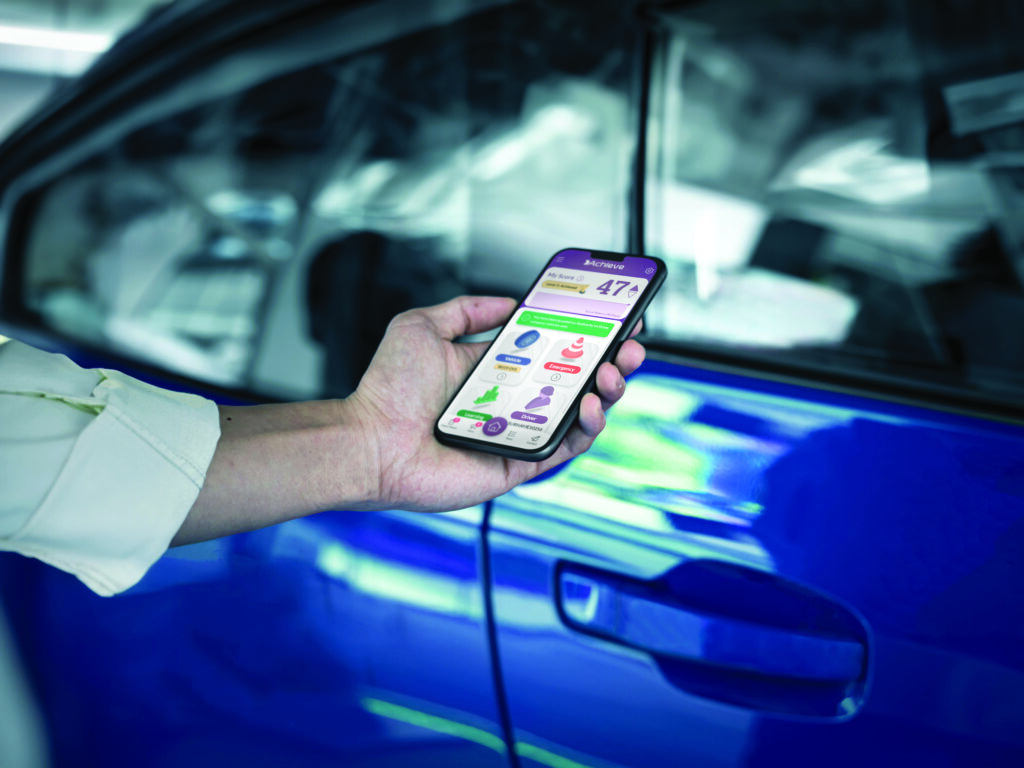When it comes to keeping your vehicles safe and roadworthy, daily vehicle checks are crucial for both fleet operators and individual drivers. But are these checks actually required by law? Let’s dive into what daily vehicle checks are, why they matter, and how Fleet Service GB’s tools can simplify the process for you.
Why Do Daily Vehicle Checks Matter?
Daily vehicle checks are all about ensuring safety on the road. From lights and tyres to fluid levels and mirrors, these checks help you spot and fix small issues before they turn into big, costly problems. A quick daily walkaround can make all the difference in preventing breakdowns and keeping your fleet on the road.
For more insights on vehicle roadworthiness, check out this vehicle roadworthiness guide by Driving for Better Business.
Key Benefits of Daily Checks
- Increased Safety: Spot issues early to prevent accidents and keep everyone on the road safer.
- Less Downtime: Regular checks can catch problems early, avoiding unscheduled repairs.
- Better Compliance: Helps meet legal obligations, keeping your vehicles in line with UK roadworthiness standards.
Are Daily Vehicle Checks Legally Required?
In the UK, drivers of commercial vehicles will perform daily checks as required by the Driver and Vehicle Standards Agency (DVSA) as part of a wider fleet management strategy to ensure continuous roadworthiness . For instance, a full walkaround before the first journey of the day or each shift. However, for light goods vehicles (under 3500kg), while there’s no specific law for pre-journey checks, employers are still responsible for ensuring the safety of all work vehicles.
Why Check Light Goods Vehicles?
Although checks on lighter vehicles aren’t legally required, they’re still highly recommended. Employers must ensure any vehicle used for work is safe and roadworthy, whether owned by the company or the employee.
How to Conduct a Daily Vehicle Check
A simple way to remember the essentials of a vehicle check is to use the F.L.O.W.E.R. acronym:
- Fuel: Make sure there’s enough fuel for the journey and that the fuel cap fits securely.
- Lights: Check all lights and indicators are working properly, including dashboard warning lights.
- Oil: Check the oil level, topping it up if needed to ensure the engine runs smoothly.
- Water: Confirm that the coolant and windscreen washer fluid levels are adequate.
- Electrics: Test the electrics, including the battery, horn, and dashboard warning lights.
- Rubber: Inspect tyres for correct tread depth and pressure, and make sure they’re free of damage.
These checks only take a few minutes and can save you from major headaches later.
Note: For light commercial vehicles the “L” should also prompt drivers to consider the load of their vehicle. This includes checking your vehicles weight limit, applying ratchet straps and netting when appropriate, ensuring doors/exhausts/tow bar are secure, and checking that seatbelts are working and free from damage or cuts.
How Fleet Service GB Simplifies Daily Vehicle Checks
Fleet Service GB’s Achieve Driver App and Achieve Software Hub make daily checks faster, easier, and more effective. Here’s how:
- Achieve Driver App: Drivers can quickly complete daily checks right from their phone. The app allows them to document issues instantly with photos and videos, making it easier to catch problems early.
- Achieve Software Hub: Fleet managers can access real-time data and track checks through the Achieve Software Hub. As a result, this digital tool keeps everything organised, allowing managers to see vehicle condition reports, analyse fleet data, and ensure compliance across the board.
Benefits of Using the Achieve Driver App
- Easy Documentation: Drivers can upload photos and videos directly, showing any issues clearly.
- Instant Alerts: Fleet managers receive real-time updates on any detected problems.
- Centralised Records: All checks and vehicle statuses are stored in one easy-to-access platform.
FAQs About Daily Vehicle Checks
Are daily vehicle checks legally required in the UK?
Yes, for commercial vehicles, the DVSA requires daily checks. However, for light goods vehicles under 3500kg, there’s no specific law, but employers are still responsible for vehicle safety.
What happens if I don’t perform daily vehicle checks?
Failing to complete daily checks on commercial vehicles can lead to fines, points on a driver’s licence, and even legal action against the driver or company. As well as unchecked issues increasing the risk of accidents and breakdowns.
How often should daily vehicle checks be done?
The DVSA advises drivers to complete checks before the first trip of the day or at the start of each shift if a vehicle has multiple drivers.
How does Fleet Service GB support daily vehicle checks?
Fleet Service GB provides the Achieve Driver App for easy, app-based vehicle checks, and the Achieve Software Hub for fleet managers to track and analyse all data, therefore helping ensure safety and compliance.
Does Fleet Service GB offer customisable checklists?
Yes! Fleet Service GB tailors its tools to meet specific fleet needs, aligning daily checks with your unique requirements.
FAQs About Fleet Service GB
What is Fleet Service GB?
Fleet Service GB is a fleet management service offering a range of solutions for businesses, including vehicle checks, maintenance, and driver management, as well as having a strong focus on safety and efficiency.
How does Fleet Service GB help with fleet compliance?
With tools like the Achieve Driver App and Achieve Software Hub, Fleet Service GB makes it easy to perform and track daily checks, document issues, and ensure fleet compliance with UK regulations.
Is Fleet Service GB’s software easy to use?
Yes, the Achieve Driver App and Software Hub are user-friendly and accessible, making daily checks and fleet management simple for both drivers and fleet managers.
Conclusion
Daily checks might seem like a small task, but they play a huge role in fleet safety, compliance, and cost-saving. For commercial vehicles, the law requires them, and for light goods vehicles, they’re a smart way to fulfil your duty of care.
With Fleet Service GB’s Achieve Driver App and Achieve Software Hub, daily checks become faster, easier, and more effective. Furthermore, they give fleet managers the insights needed to run a safe, compliant, and efficient fleet. Ready to take your fleet management to the next level? Fleet Service GB has you covered!





